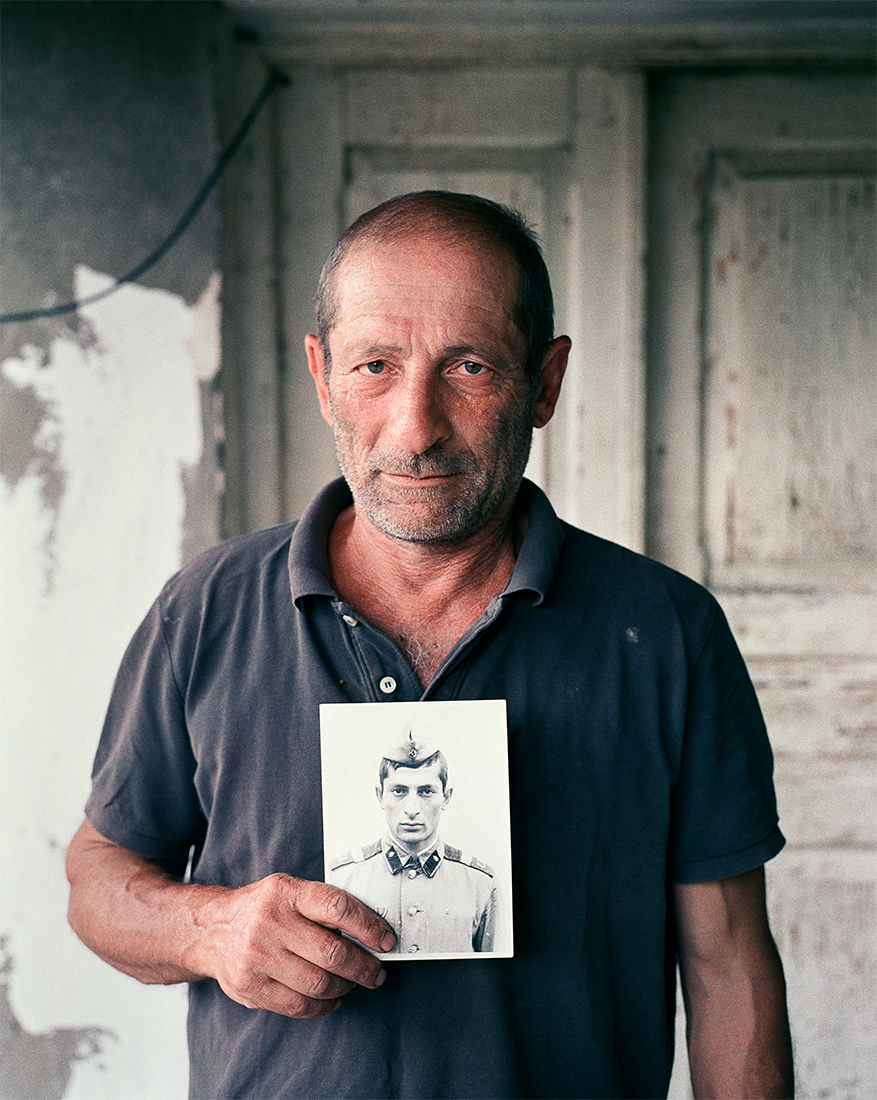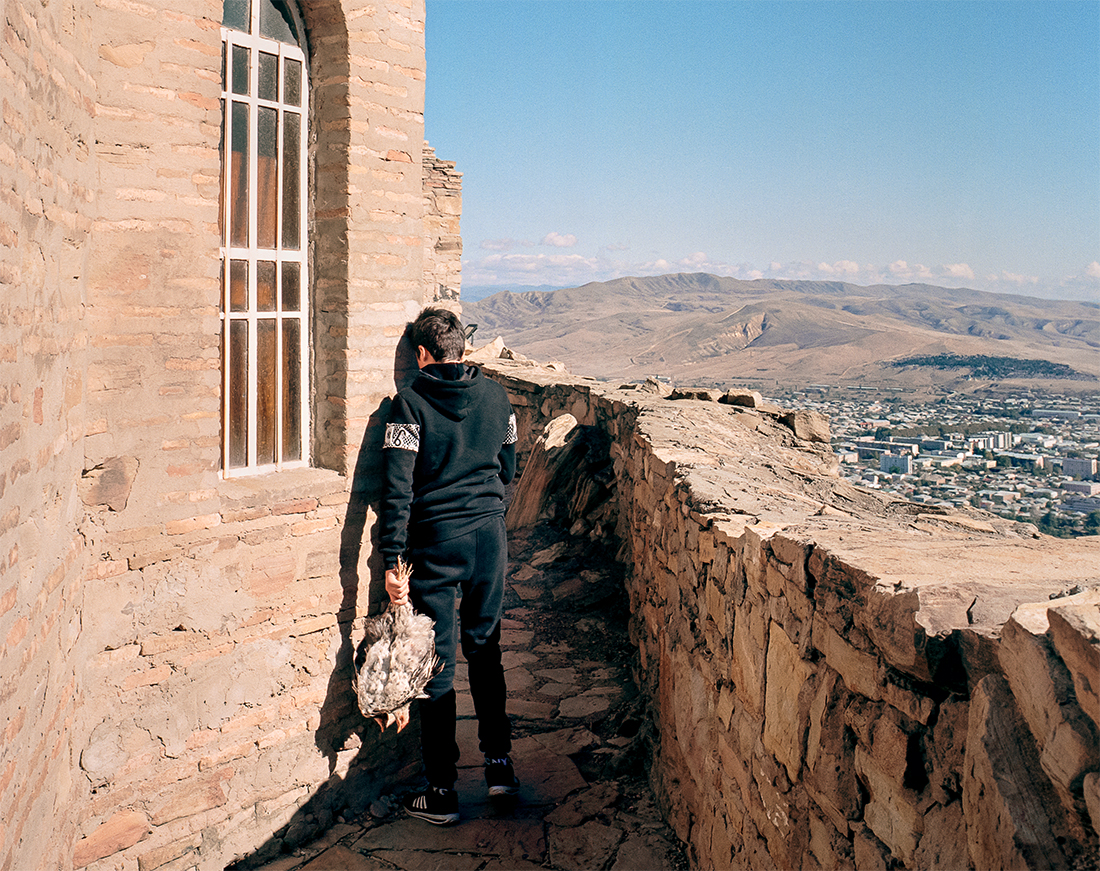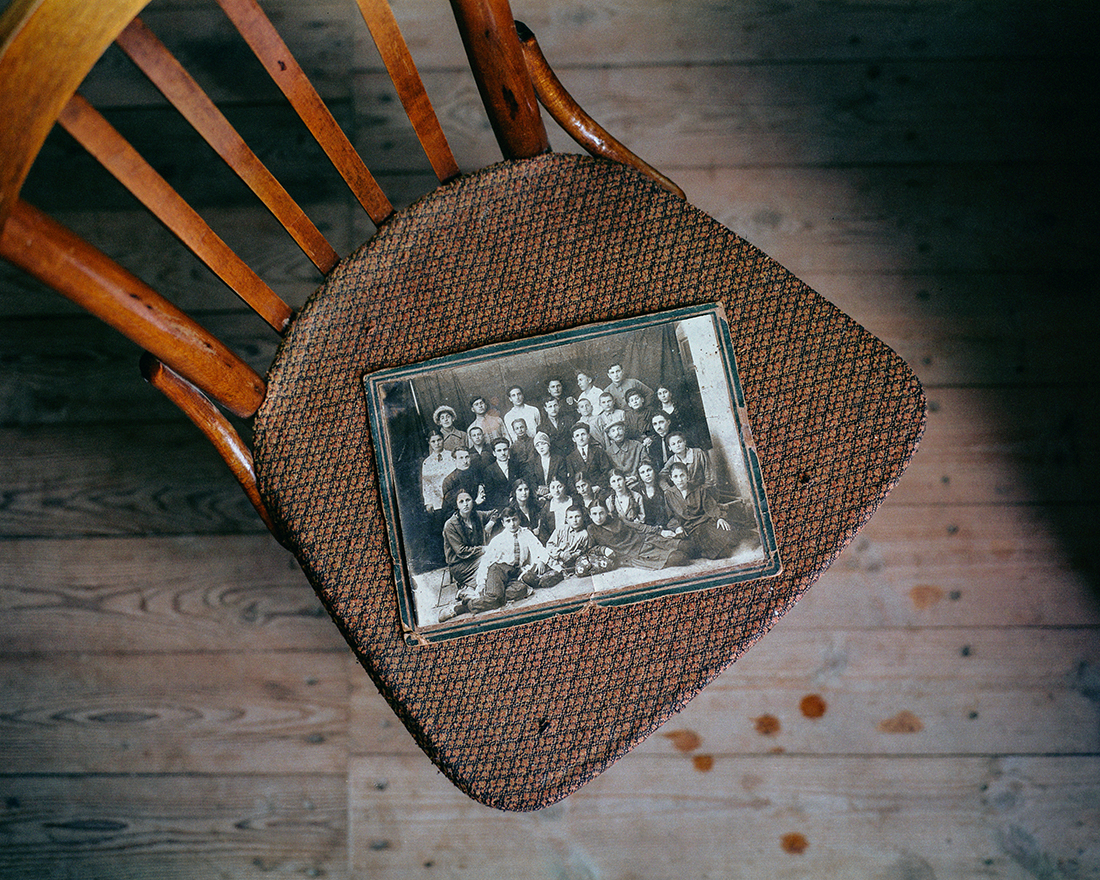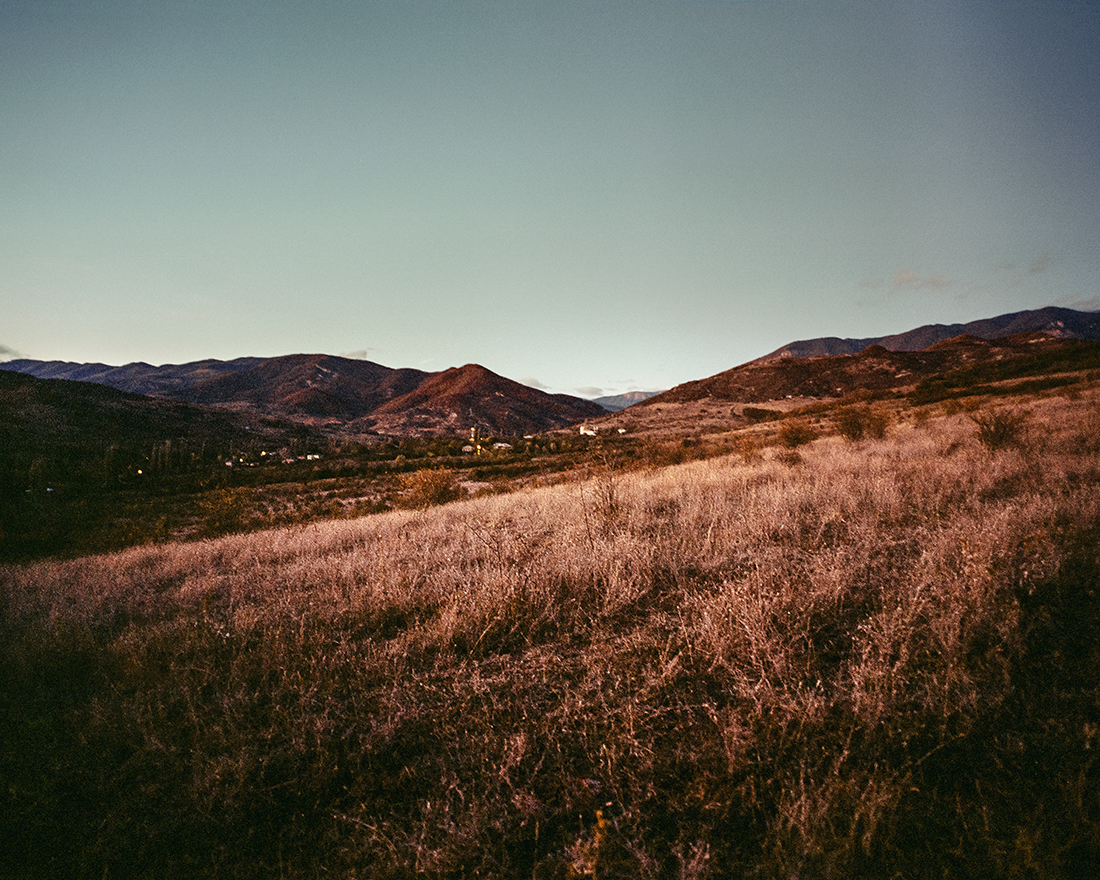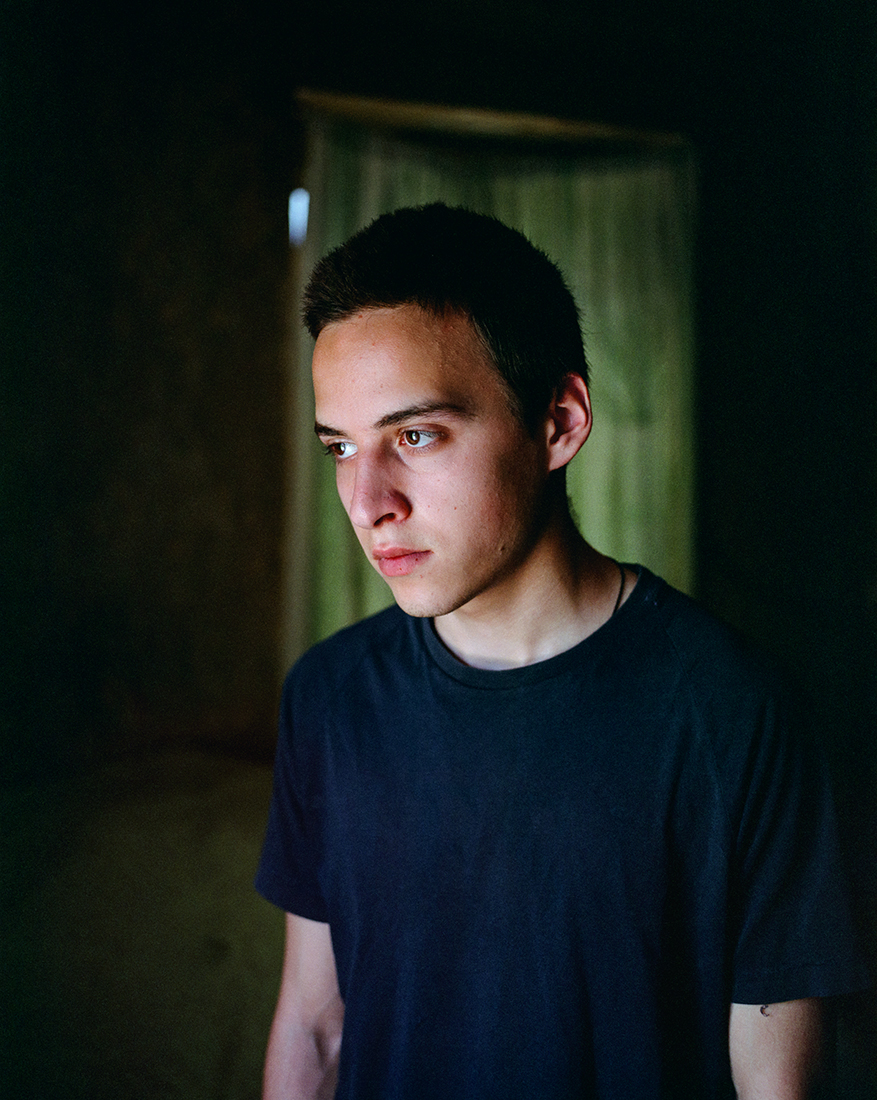honorable mention
Steffen Junghanss germany
title
The Invisible Border
The so-called Administrative Boundary Line which separates Georgia from South Ossetia cuts off Mejvriskhevi by east and north. Although you wouldn't find fencing and barbed wire here, you can not pass the border from either side. The young people can barely remember a time before the separation, but like the older villagers, they know where not to go in order to avoid being caught by Russian soldiers who are monitoring the borderline. Recent incidents prove this to be a serious threat. Due to that, Mejvriskhevi's relationship to its former neighbors in the area now occupied, has almost completely ceased to exist. Keeping contact with relatives and maintaining friendships has become extremely difficult and it seems merely possible under these conditions.
In spite of all that, life has to go on: children attend school and during the summer they spend their free time by the river or on the grounds of the local sports field. You can see the elderly gathered by the roadside exchanging stories, cowherds tend their livestock and nearly every basement of the town is home to the traditional Georgian winemaking.
Despite international efforts, an improvement of the situation along the borderline is still not in sight.
All pictures where taken in 2018.
people live. He is especially interested in the life of those, who find themselves in
extraordinary circumstances without receiving much attention. For his work, he spends as
much time as possible with his protagonists and always tries to become a part of their lives - at least for a while. Although he considers himself to be a documentary photographer, he is always subjective and his pictures are a testimony to his sympathy for the portrayed people.
He worked in the film industry before commencing his photography study at the Neue Schule Für Fotografie Berlin, where he graduated in 2015. Since then he has been working on several long-term projects, the current one taking place in the small Caucasian republic of Georgia.
back to gallery
entry description
At the foot of the Caucasus, only a few miles north of Stalin‘s hometown Gori, the small Georgian village Mejvriskhevi can be found. Nowadays, it can only be entered from the south. The reason for this is the region behind: a territory called South Ossetia which was the scene of a military conflict between Russia and Georgia in August 2008. As a result, South Ossetia, which according to international law is part of Georgia, has become almost completely isolated from the rest of the country. The Russian military is occupying this disputed territory until today.The so-called Administrative Boundary Line which separates Georgia from South Ossetia cuts off Mejvriskhevi by east and north. Although you wouldn't find fencing and barbed wire here, you can not pass the border from either side. The young people can barely remember a time before the separation, but like the older villagers, they know where not to go in order to avoid being caught by Russian soldiers who are monitoring the borderline. Recent incidents prove this to be a serious threat. Due to that, Mejvriskhevi's relationship to its former neighbors in the area now occupied, has almost completely ceased to exist. Keeping contact with relatives and maintaining friendships has become extremely difficult and it seems merely possible under these conditions.
In spite of all that, life has to go on: children attend school and during the summer they spend their free time by the river or on the grounds of the local sports field. You can see the elderly gathered by the roadside exchanging stories, cowherds tend their livestock and nearly every basement of the town is home to the traditional Georgian winemaking.
Despite international efforts, an improvement of the situation along the borderline is still not in sight.
All pictures where taken in 2018.
about the photographer
Steffen is a 29-year-old photographer with a great sense of curiosity for how otherpeople live. He is especially interested in the life of those, who find themselves in
extraordinary circumstances without receiving much attention. For his work, he spends as
much time as possible with his protagonists and always tries to become a part of their lives - at least for a while. Although he considers himself to be a documentary photographer, he is always subjective and his pictures are a testimony to his sympathy for the portrayed people.
He worked in the film industry before commencing his photography study at the Neue Schule Für Fotografie Berlin, where he graduated in 2015. Since then he has been working on several long-term projects, the current one taking place in the small Caucasian republic of Georgia.
back to gallery

